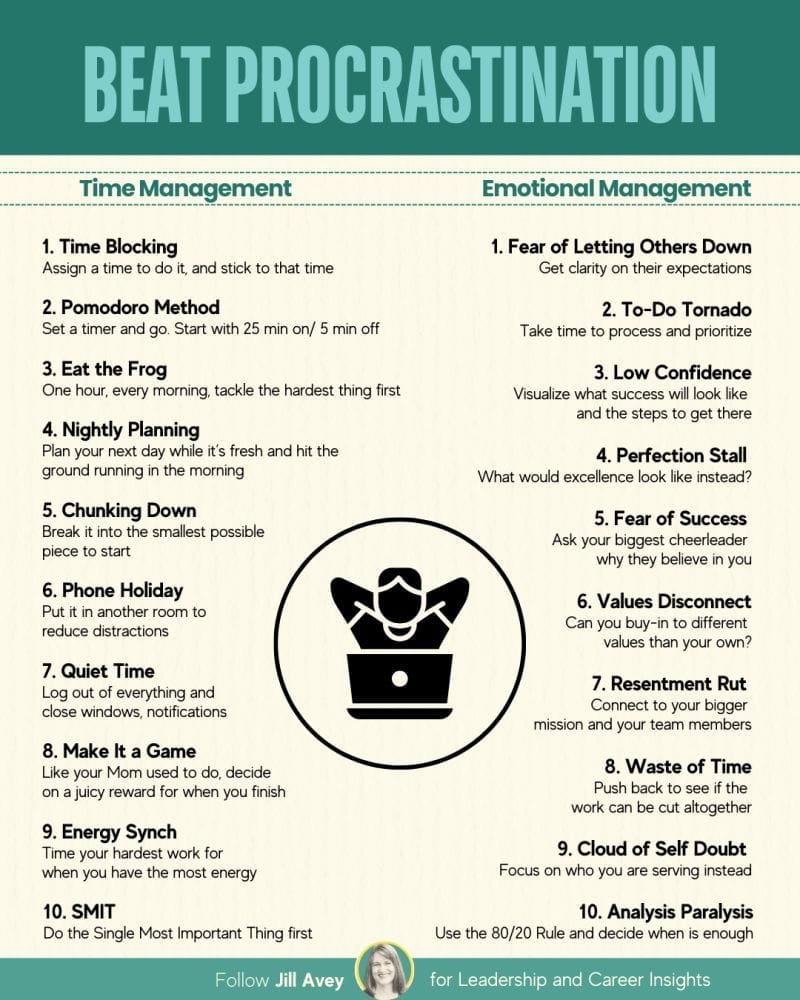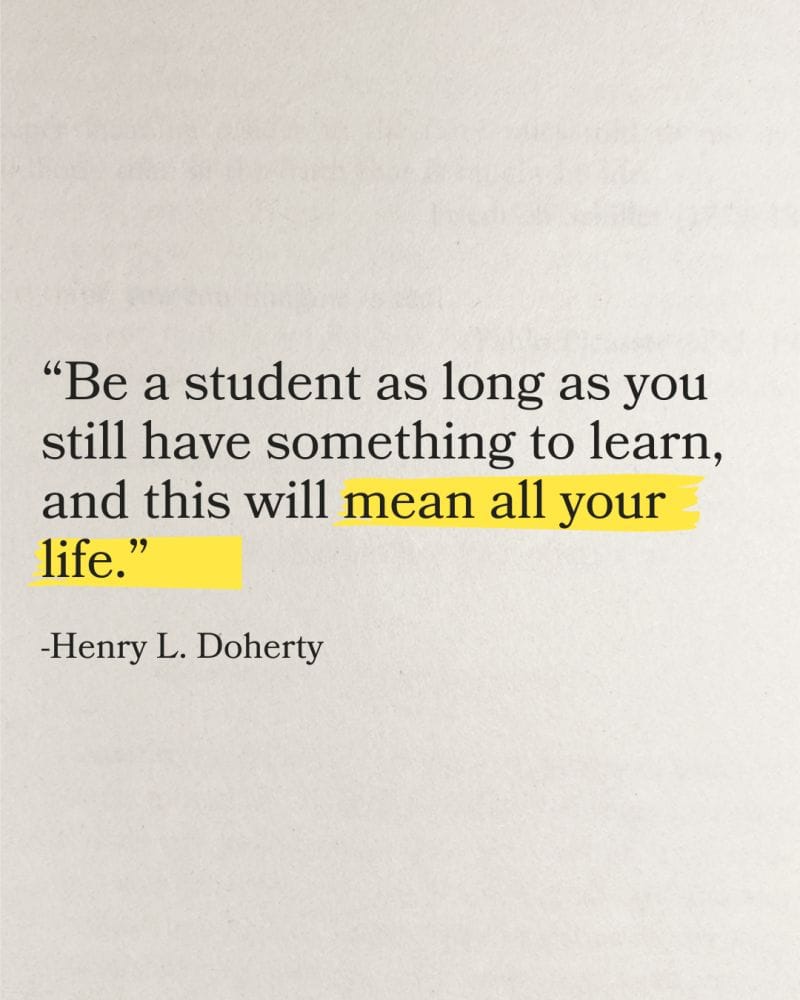Early on in my career I used to measure my productivity, my self-satisfaction and success by how many items from my to-do-list that I used to be able to check-off. This approach, however, quickly caught up with me as demand for my time significantly increased over time. My response? Put in more time, effort and employ productivity techniques to do more in less time. Did it work? For a while, yes, but soon enough I felt exhausted and unsatisfied with myself in terms of what I was delivering. I was working harder than ever, though felt that I am not succeeding. I knew I had to fundamentally change my approach.
Below I am sharing 3 tips that have had an outsized impact on my effectiveness and personal satisfaction with my efforts:
1️⃣ Identify what is truly Important: We tend to think of everything on our plate as being important – but the reality is that it is not. Take a broader perspective and think 1, 4 weeks and beyond from now, what outcomes will truly move the needle for your organization? Important work generally gets sidelined by “shallower” work and/or urgent work – though important work is generally the work that will help you make disproportionate impact to your organization and your career. As you gauge progress, ensure that you are assessing yourself on both the important work and the rest. As long as you are moving the needle on the important work, it’s ok if other work is not getting done as quickly as possible (just make sure you set the right expectation) – you should feel satisfied with your effort and effectiveness.
2️⃣ Create Leverage: Identify areas that you find yourself constantly supporting others with and see how you can create leverage to reduce or perhaps eliminate that dependency. This can take the form of documentation, training sessions, office hours etc. Over time track these to ensure that they are having the intended effect and continue to identify other areas where you can create leverage. Ensure you hold others accountable along the way both to help you identify such areas and that they leverage the mechanism you created.
3️⃣ Prioritization, Learning to say No, and Communication: As things come on your plate, learn to gather the important inputs that help you make a decision on prioritization. Push, respectfully, to the requester to provide you these details if you don’t have sufficient information. If you can’t agree on the prioritization escalate quickly. An escalation is not personal, it’s a mechanism to resolve conflicting priorities. Be open to the fact that you may need to re-prioritize, the point though here is to perform enough due diligence to ensure it is indeed the right call; also this will mean you will turn away opportunities and that’s ok and necessary – in the spirit of moving the needle on what’s important to you at this time. Ensure you are communicating priorities and setting (and re-setting) expectation as you go along.

